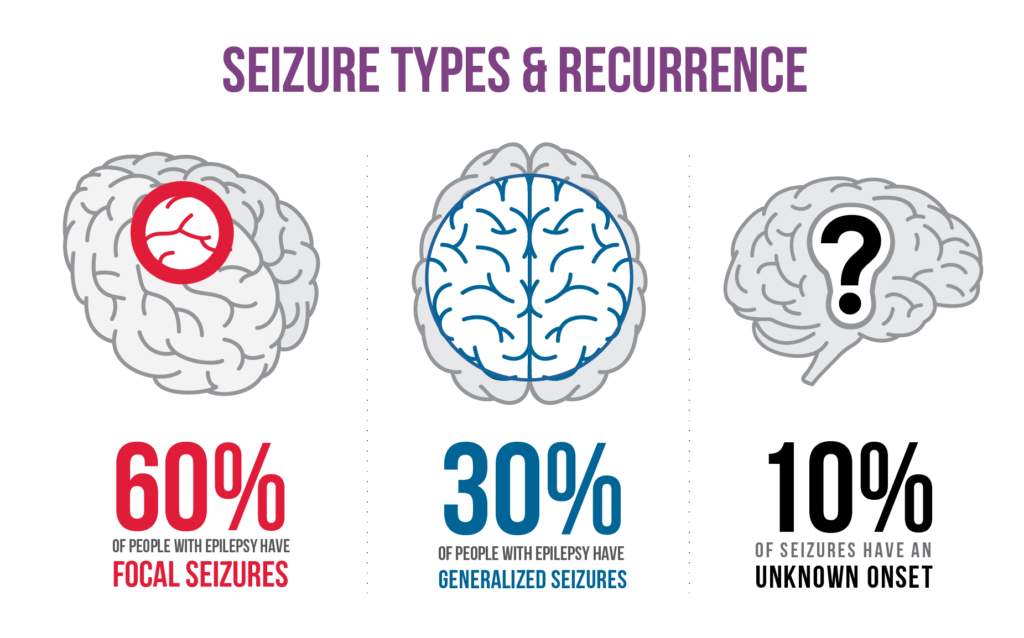For centuries, epilepsy has been misunderstood, with many misconceptions about its symptoms and causes. Recent scientific advances have helped to demystify this condition, which currently affects nearly 65 million people worldwide. One of the most controversial and difficult questions surrounding epilepsy is whether or not it counts as brain damage. In this blog post, we’ll take a look at what neurological damage is and how it relates to epilepsy in order to answer this question once and for all.
What is epilepsy?
Epilepsy is a neurological disorder that affects the nervous system. It is characterized by recurrent seizures that can range from mild to severe. Epilepsy can be caused by many factors, including head injuries, genetic disorders, and brain tumors. Treatment for epilepsy typically involves medication and lifestyle changes.
How does epilepsy affect the brain?
Epilepsy is a neurological disorder that affects the brain. Epilepsy can cause seizures, which are episodes of abnormal electrical activity in the brain. Seizures can vary in severity, from brief periods of shaking or staring to long periods of convulsing and loss of consciousness. Epilepsy can also cause changes in behavior, mood, and thinking.
The effects of epilepsy on the brain depend on a number of factors, including the type of epilepsy, the individual’s age, and how well the condition is controlled. In general, however, epilepsy takes a toll on the brain by causing repetitive damage to nerve cells. This damage can lead to problems with learning and memory, as well as physical changes in the brain.
Epilepsy can also affect mental health. People with epilepsy are at increased risk for anxiety, depression, and other psychiatric disorders. This may be due to the effects of seizures on the brain, or it may be a result of living with a chronic condition that can be unpredictable and frightening.
Does epilepsy count as brain damage?
Epilepsy is a neurological condition that can cause recurrent seizures. Seizures are a result of abnormal electrical activity in the brain, which can lead to changes in behavior, movement, and consciousness. Epilepsy can be caused by brain damage, but it is not always clear whether or not epilepsy itself counts as brain damage.
There is no definitive answer to this question, as opinions vary among medical professionals. Some experts believe that epilepsy does not necessarily constitute brain damage, while others contend that it can be considered a form of brain damage depending on the individual case. Ultimately, the classification of epilepsy as brain damage is a complex issue with no easy answers.
How can you treat epilepsy?
Epilepsy is a neurological disorder that affects the nervous system. It is characterized by recurrent seizures that can range from brief and nearly undetectable to long and debilitating.
There is no single cause of epilepsy, but it is often attributed to factors like head injuries, genetic predisposition, and infectious diseases. Epilepsy can also be caused by brain tumors or stroke.
While there is no cure for epilepsy, it can be managed with medication and other treatments. Medication is the most common treatment for epilepsy, and it can help control seizures in many people. Other treatments include surgery, electrical stimulation, and dietary changes.
Conclusion
In conclusion, epilepsy is not a form of brain damage and while the two conditions often overlap, they cannot be classified as one in the same. It is important to note that seizures can cause temporary or permanent changes in the brain depending on how severe and frequent they are but this does not mean that people with epilepsy have sustained any type of brain damage. With proper treatment and management, those suffering from epilepsy can lead perfectly normal lives.

